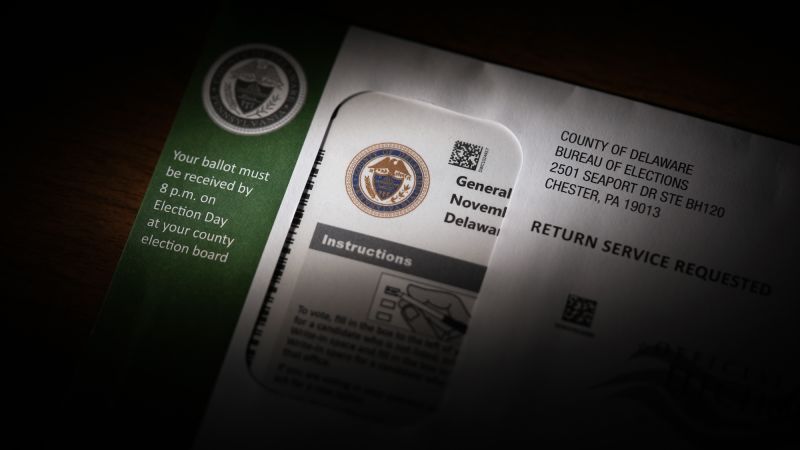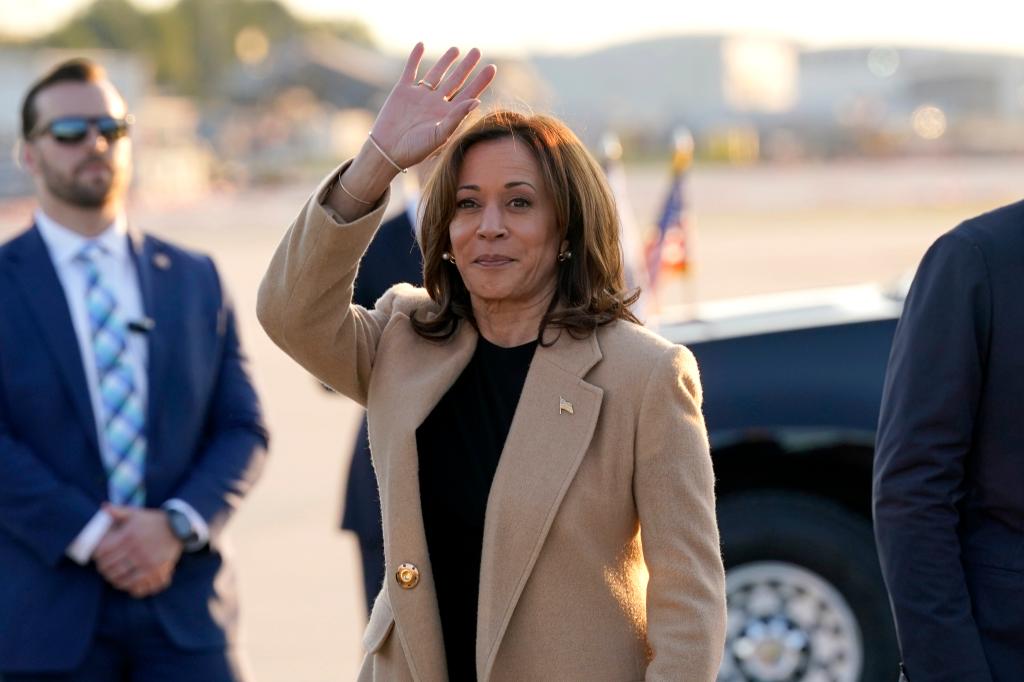Trump Campaign Shifts Stance on Voting Methods Amid Tight Race
In a surprising turn of events, Donald Trump’s campaign is making a last-minute push to promote early and mail-in voting—methods the former president has long criticized as dangerous and fraudulent. With less than a month until the election, this shift comes as Trump faces a tight race against Vice President Kamala Harris, prompting his team to encourage voters to take advantage of these voting options.
The campaign’s new strategy includes urging voters, particularly in key swing states like North Carolina, to cast their ballots early or by mail, especially in the wake of Hurricane Helene’s devastation. In a series of recent virtual town halls and robocalls, Trump and his daughter-in-law, Lara Trump, who serves as co-chair of the Republican National Committee, have actively encouraged voters to utilize these methods.
“Hi, this is Lara Trump calling on behalf of President Trump’s campaign, and we’re urging you to get out and vote before Election Day,” one robocall states. This is a stark contrast to earlier this year when Lara Trump voiced a robocall alleging massive fraud in the 2020 election due to mail-in ballots.
According to data from Nomorobo, an app that tracks robocalls, at least 286,000 of these calls were made to voters in crucial states such as Pennsylvania, Georgia, Wisconsin, Arizona, Nevada, and Michigan, starting as early as October 2. The campaign is also advocating for expanded voting access in North Carolina, where many residents are still recovering from the hurricane’s impact.
Voting rights advocates have welcomed the Trump campaign’s newfound support for expanded voting access, but they express concern over the inconsistency in the party’s messaging. Sean Morales-Doyle, director of the voting rights program at the Brennan Center for Justice, noted, “It’s great that the Trump campaign was speaking with the same voice as so many others and asking for expansions to voting access in the wake of Hurricane Helene. But it does trouble me that they don’t take a sort of uniform approach to that – or to mail voting or to early voting.”
Historically, the Trump campaign has actively sought to restrict voting access, filing lawsuits to block changes that would make mail-in voting easier during the pandemic. In 2020, Trump labeled mail-in ballots as “dangerous” and “corrupt,” claiming they would lead to widespread electoral fraud. Now, however, with the election looming, the campaign is promoting these very methods, albeit with a focus on ensuring Republican turnout.
North Carolina, a pivotal swing state, has been particularly targeted by the Trump campaign. The western part of the state, heavily impacted by Hurricane Helene, is a stronghold for Trump, who won nearly 63% of the vote in the area during the last election. The campaign has proposed several policy changes to help voters in disaster-affected areas, some of which have already been enacted by the state legislature.
Despite the push for expanded access in North Carolina, the Trump campaign’s stance contrasts sharply with Republican efforts in other states like Georgia, where attempts to extend voter registration deadlines following hurricane damage were met with opposition. A federal judge recently denied a motion to extend the registration deadline in Georgia, highlighting the inconsistency in the party’s approach to voting access.
As the election approaches, the Trump campaign is also utilizing robocalls in states like Nevada, where Lara Trump encourages voters to participate early and by mail. This messaging, however, stands in stark contrast to the rhetoric used in previous elections, raising questions about the motivations behind this sudden shift.
In a video posted earlier this year, Trump reiterated his commitment to securing elections, advocating for paper ballots and same-day voting, while simultaneously urging Republicans to utilize every available method to win against Democrats. “Whether you vote early, absentee, by mail or in person, we’re going to protect the vote,” he stated.
As the campaign navigates this complex landscape, voting rights advocates emphasize the importance of consistent messaging and equitable access to the ballot box. “Expanded access is key, and in order to expand access, funding is key,” Morales-Doyle remarked, underscoring the need for a unified approach to voting rights, regardless of the circumstances that necessitate it.
With the election just around the corner, the Trump campaign’s evolving stance on voting methods reflects the high stakes of the upcoming race, as both parties scramble to mobilize their bases and secure every possible vote.



